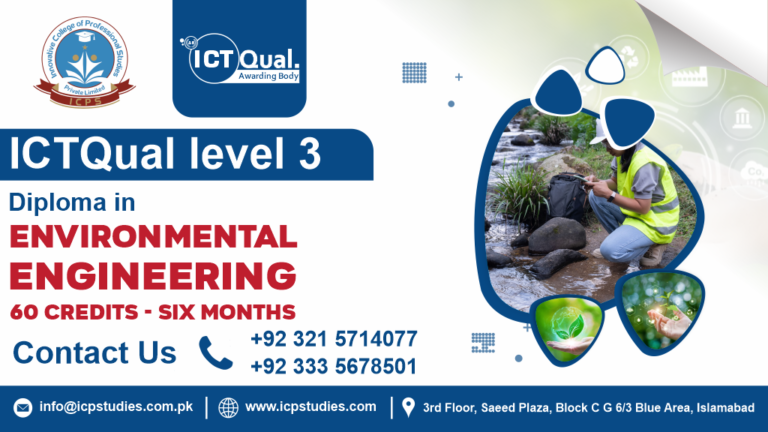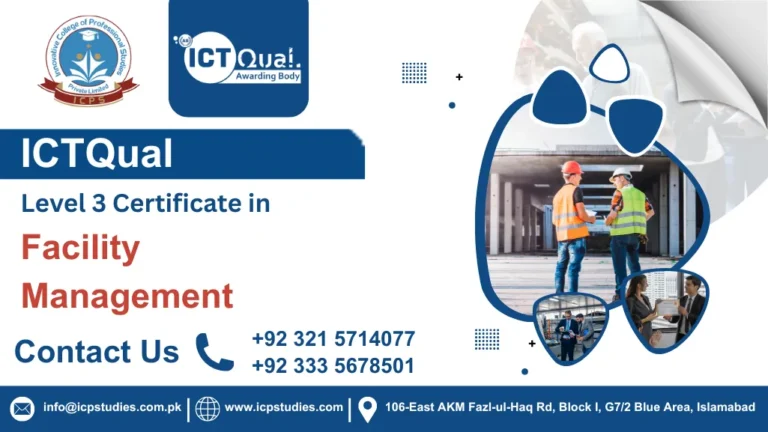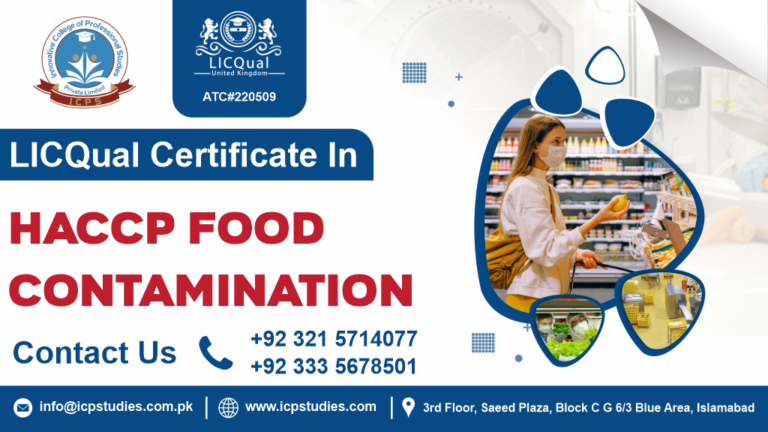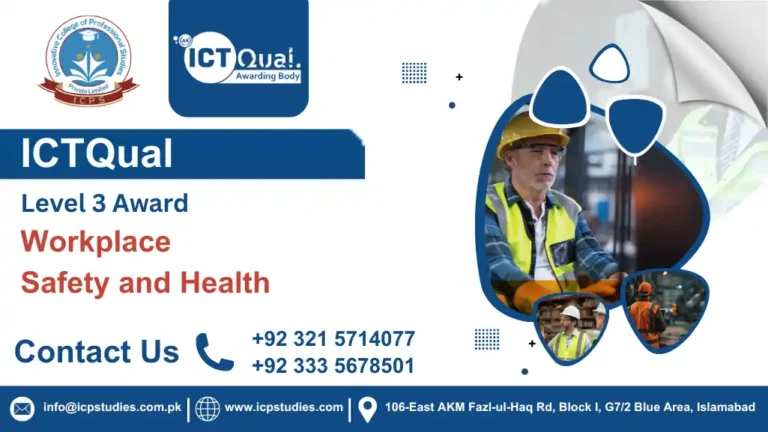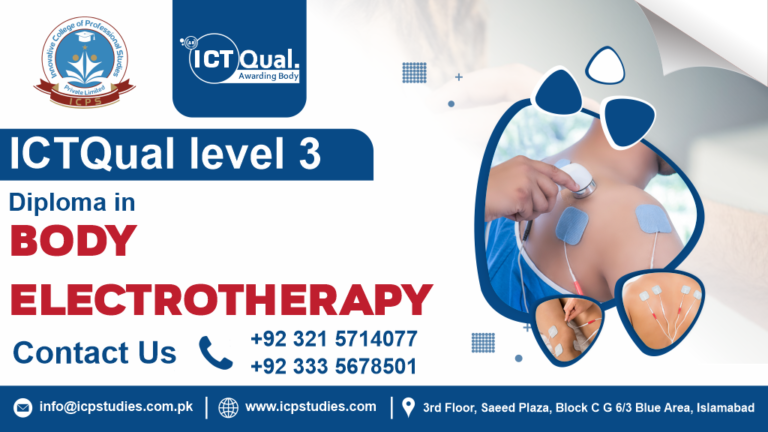In today’s industrial landscape, safety is paramount. Whether you’re involved in manufacturing, energy production, or any industry reliant on machinery, understanding and maintaining safety standards is crucial. One integral aspect of industrial safety revolves around pressure vessels and boilers, which are ubiquitous in various sectors.
The Level 1 Award in Pressure Vessels and Boiler Safety stands as a foundational course designed to equip professionals with essential knowledge and skills to ensure safe operations.
Level 1 Award in Pressure Vessels and Boiler Safety is not just a certification; it’s a commitment to safety excellence. As industries continue to evolve, ensuring the safety of personnel and assets remains non-negotiable. By investing in foundational knowledge through this award, professionals not only protect lives and property but also elevate their own career trajectories.
All About ICTQual Level 1 Award in Pressure Vessels and Boiler Safety
Course Overview
The Level 1 Award in Pressure Vessels and Boiler Safety is a specialized certification program designed to provide foundational knowledge and skills related to the safe operation, maintenance, and inspection of pressure vessels and boilers. This award is typically offered by accredited training providers and is recognized in industries where the use of pressure vessels and boilers is prevalent.
The Level 1 Award in Pressure Vessels and Boiler Safety is essential for professionals seeking to deepen their understanding of industrial safety practices specific to pressure vessels and boilers. By completing this certification, individuals not only enhance their own skills and knowledge but also contribute to safer workplaces and more efficient operations within their organizations. This award serves as a valuable asset in industries where safety and regulatory compliance are paramount concerns.
Study Units
- Introduction to Pressure Vessels and Boilers
- Regulatory Framework and Standards
- Risk Assessment and Hazard Identification
- Safety Procedures and Practices
- Emergency Response and Incident Management
- Inspection and Testing
- Documentation and Record Keeping
- Safety Culture and Continuous Improvement
The entry requirements for the ICTQual Level 1 Award in Pressure Vessels and Boiler Safety typically include:
- Age Requirement: Participants must be at least 18 years old.
- Basic Literacy and Numeracy: Competence in reading, writing, and basic math skills to understand course materials and assessments.
- Health and Safety Awareness: A general understanding of health and safety practices relevant to industrial environments.
- Job Role Relevance: While not mandatory, having some experience in roles related to pressure vessels and boilers is beneficial.
- Physical Capability: Participants should be physically able to perform tasks related to the course content, as practical training may be involved.
- Registration: Completion of necessary registration forms and payment of any applicable fees.
Always confirm with the specific training provider for any additional or specific entry requirements, as they can vary.
The ICTQual Level 1 Award in Pressure Vessels and Boiler Safety is designed for:
- New Entrants: Individuals starting their careers in industries where pressure vessels and boilers are used, such as manufacturing or energy.
- Operators: Those who may operate pressure vessels or boilers and need foundational safety knowledge.
- Maintenance Personnel: Workers involved in the upkeep and basic servicing of pressure equipment.
- Safety Assistants: Individuals supporting safety officers in ensuring compliance with safety protocols related to pressure systems.
- Supervisors: Those overseeing teams that work with pressure vessels and boilers who need to understand basic safety practices.
This course provides essential knowledge about the safe handling, operation, and maintenance of pressure vessels and boilers, making it suitable for anyone involved in these processes.
Learning Outcomes
Introduction to Pressure Vessels and Boilers
- Learning Outcomes:
- Understand the basic principles and types of pressure vessels and boilers.
- Identify the components and their functions within pressure vessels and boiler systems.
- Explain the applications and importance of pressure vessels and boilers in various industries.
Regulatory Framework and Standards
- Learning Outcomes:
- Familiarize with national and international regulations governing the design, installation, and operation of pressure vessels and boilers.
- Interpret and apply regulatory requirements to ensure compliance within industrial settings.
- Describe the roles and responsibilities of stakeholders in adhering to safety standards.
Risk Assessment and Hazard Identification
- Learning Outcomes:
- Conduct risk assessments specific to pressure vessels and boilers.
- Identify potential hazards associated with pressure vessels and boiler operations.
- Develop strategies to mitigate risks and implement preventive measures.
Safety Procedures and Practices
- Learning Outcomes:
- Implement safety protocols and procedures related to the operation and maintenance of pressure vessels and boilers.
- Demonstrate knowledge of safe handling practices and operational precautions.
- Promote a culture of safety within the workplace environment.
Emergency Response and Incident Management
- Learning Outcomes:
- Develop emergency response plans tailored to incidents involving pressure vessels and boilers.
- Execute effective incident management strategies to minimize risks and ensure personnel safety.
- Evaluate and improve emergency response procedures based on lessons learned from incidents.
Inspection and Testing
- Learning Outcomes:
- Apply inspection techniques for assessing the condition and performance of pressure vessels and boilers.
- Perform non-destructive testing (NDT) and interpret results to determine the integrity of components.
- Schedule and conduct routine inspections to maintain operational reliability.
Documentation and Record Keeping
- Learning Outcomes:
- Maintain accurate documentation of inspections, tests, and maintenance activities for pressure vessels and boilers.
- Organize records to comply with regulatory requirements and facilitate audits.
- Utilize documentation for tracking equipment performance and identifying trends for continuous improvement.
Safety Culture and Continuous Improvement
- Learning Outcomes:
- Foster a safety-conscious culture among personnel working with pressure vessels and boilers.
- Implement feedback mechanisms to encourage continuous improvement in safety practices.
- Monitor and evaluate safety performance metrics to enhance operational efficiencies and mitigate risks.
These learning outcomes collectively equip participants with the necessary knowledge and skills to ensure the safe operation, maintenance, and compliance of pressure vessels and boilers within industrial environments.
FAQs about ICTQual Level 1 Award in Pressure Vessels and Boiler Safety


